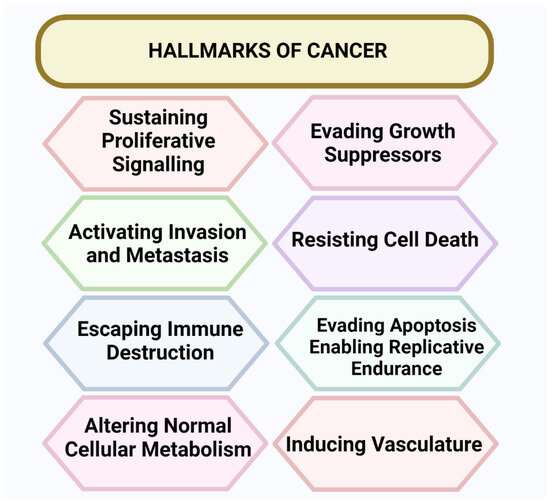Researchers study the impact of cancer on Hispanic patients and their caregivers

- Socioeconomic status, which affects cancer risk factors such as physical inactivity, tobacco usage, lack of adequate nourishment and obesity. Other socioeconomic factors include a lack of health insurance, low incomes and elevated poverty rates, which have been linked to late-stage cancer diagnosis and lower cancer survival rates.
- Cultural differences, which can impact a Hispanic patient’s physical, psychological, social and spiritual well-being. Family and religious faith also play a significant role in Hispanic culture.
- Linguistic barriers, which often result in Hispanics (and other ethnic and minority groups) receiving lower-quality health care services, make them less likely to undergo routine medical procedures and leads to higher rates of morbidity and mortality. It also creates a general mistrust of physicians and other health care providers.
- Comorbidities such as type 2 diabetes mellitus (the rates of which are two to five times higher than non-Hispanic whites), obesity and hypertension. Obesity and being overweight are directly related to an increased risk of colon, rectum and breast cancer. Visceral obesity, where the fat encases organs deep inside the belly, also is believed to be associated with colorectal cancer and potentially increases the risk of pancreatic, endometrial and postmenopausal breast cancer.
Source: Read Full Article
